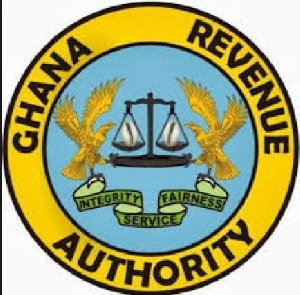Mr George Kwatia, a Tax Partner at PricewaterhouseCoopers Ghana, has said the 2017 Budget and its achievement of tax revenue depends more on the Ghana Revenue Authority (GRA) than any other institution.
“It is not that government has introduced new taxes to revenue mobilisation but it is solely an issue of enforcement of the law,” he added. Mr Kwatia was speaking at the Post Budget Forum dubbed: “Implications of the Tax Policies Highlighted in the 2017 Budget on the Business Community,” organised by the Canada-Ghana Chamber of Commerce.
The Chamber represents a wide range of business interests in Canada, Ghana and the West-African Sub-region and strives to promote the interest of their members and convey their views to decision-makers in industry and in government. The Chamber also seeks to, among other things, promote bilateral trade relations and investments between Ghana and Canada, provide information to facilitate trade and business projects, promote development and transfer of technology and knowledge for the benefit of its members.
Mr Kwatia said if the current laws on revenue mobilisation were properly enforced and implemented, with corrupt persons being prosecuted, government could then block the revenue leakages and accrued funds for infrastructure development.
Speaking on the Tax Identification Number (TIN), he said it had been in the country’s laws for some time now but was reintroduced as a tax administration act, where the public would need their TIN to file cases in the law courts, acquire passports and drivers’ license.
Mr Kwatia called on the business community to endeavour to get their TIN to enable them to operate and transact business in the country. “Tax compliance is critical in revenue mobilisation for the development of the country,” he said.
Business News of Friday, 7 April 2017
Source: GNA













